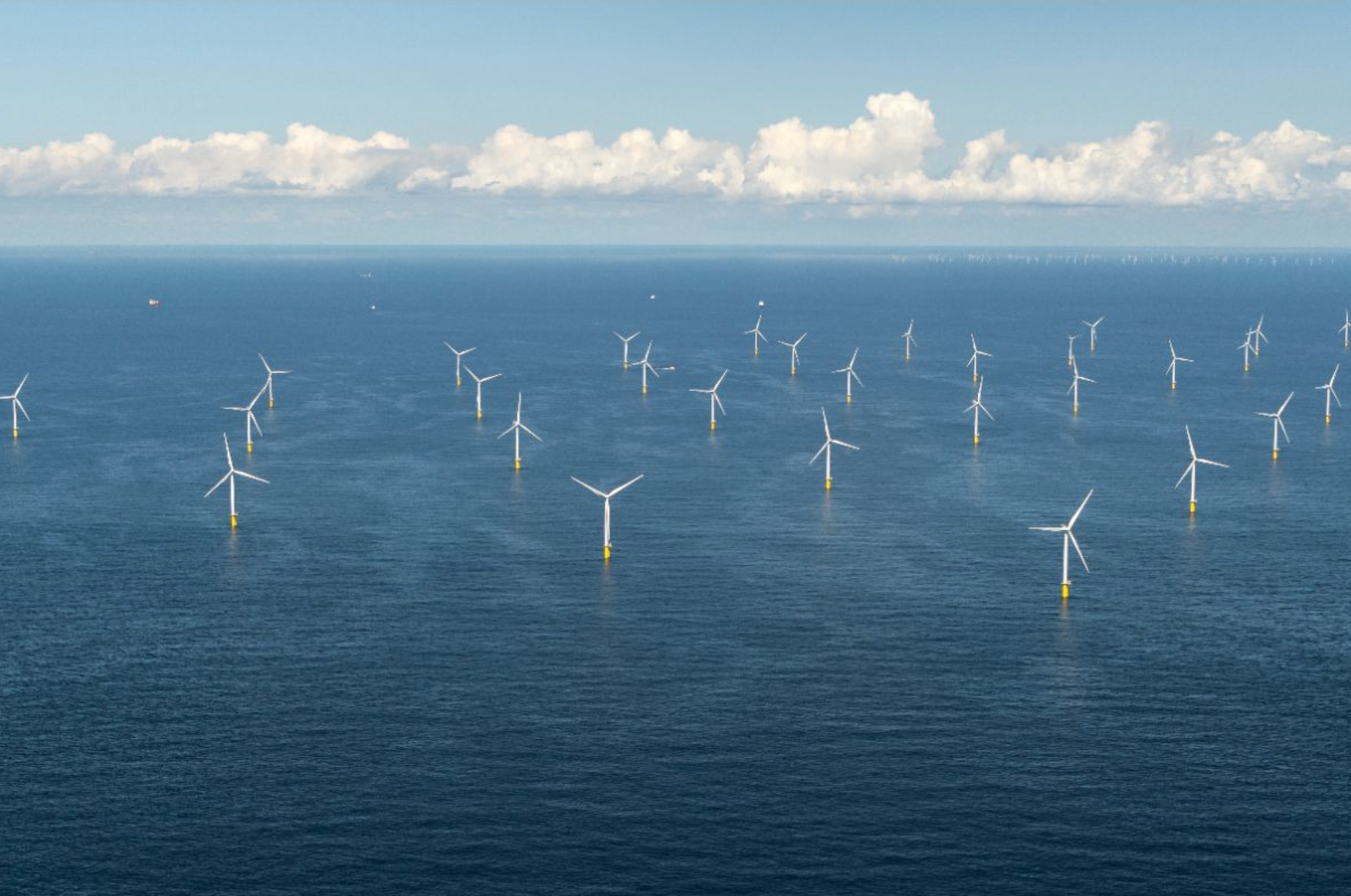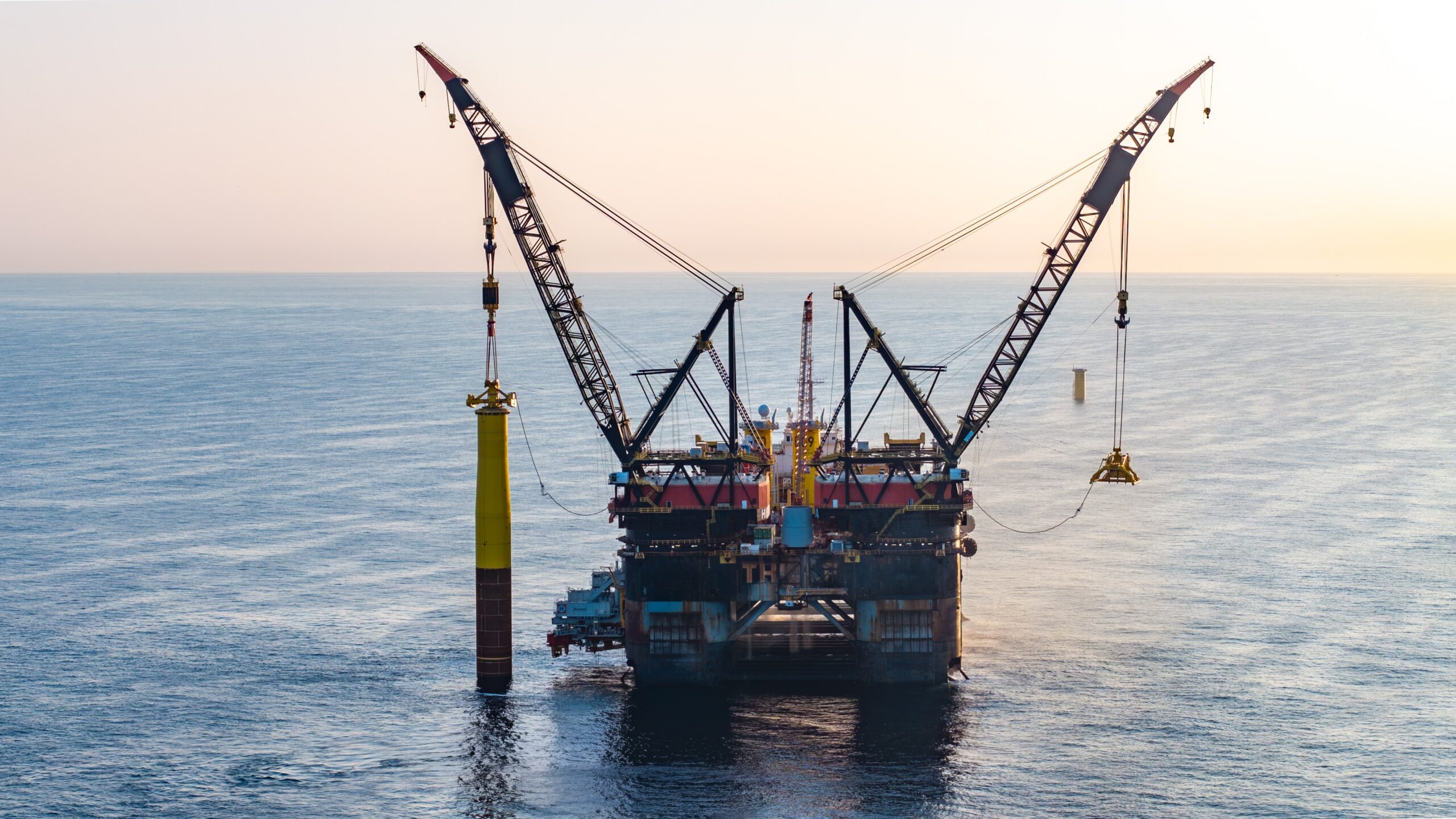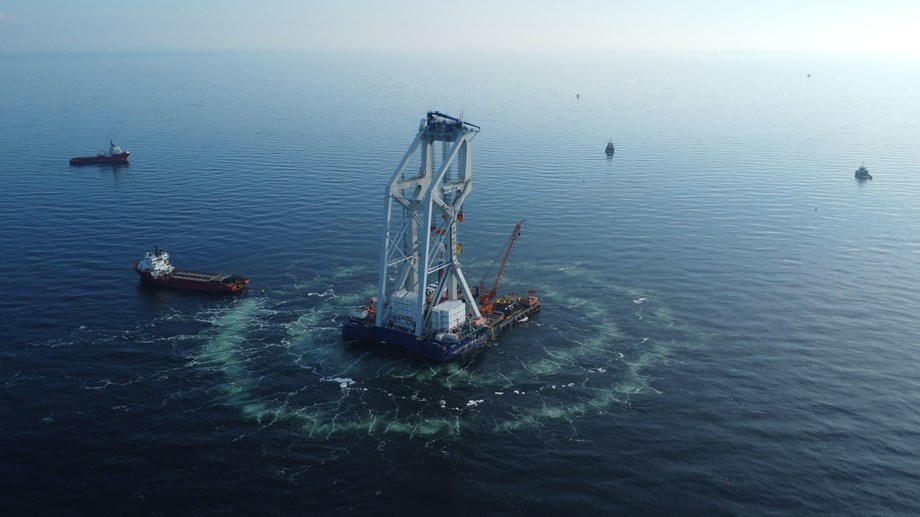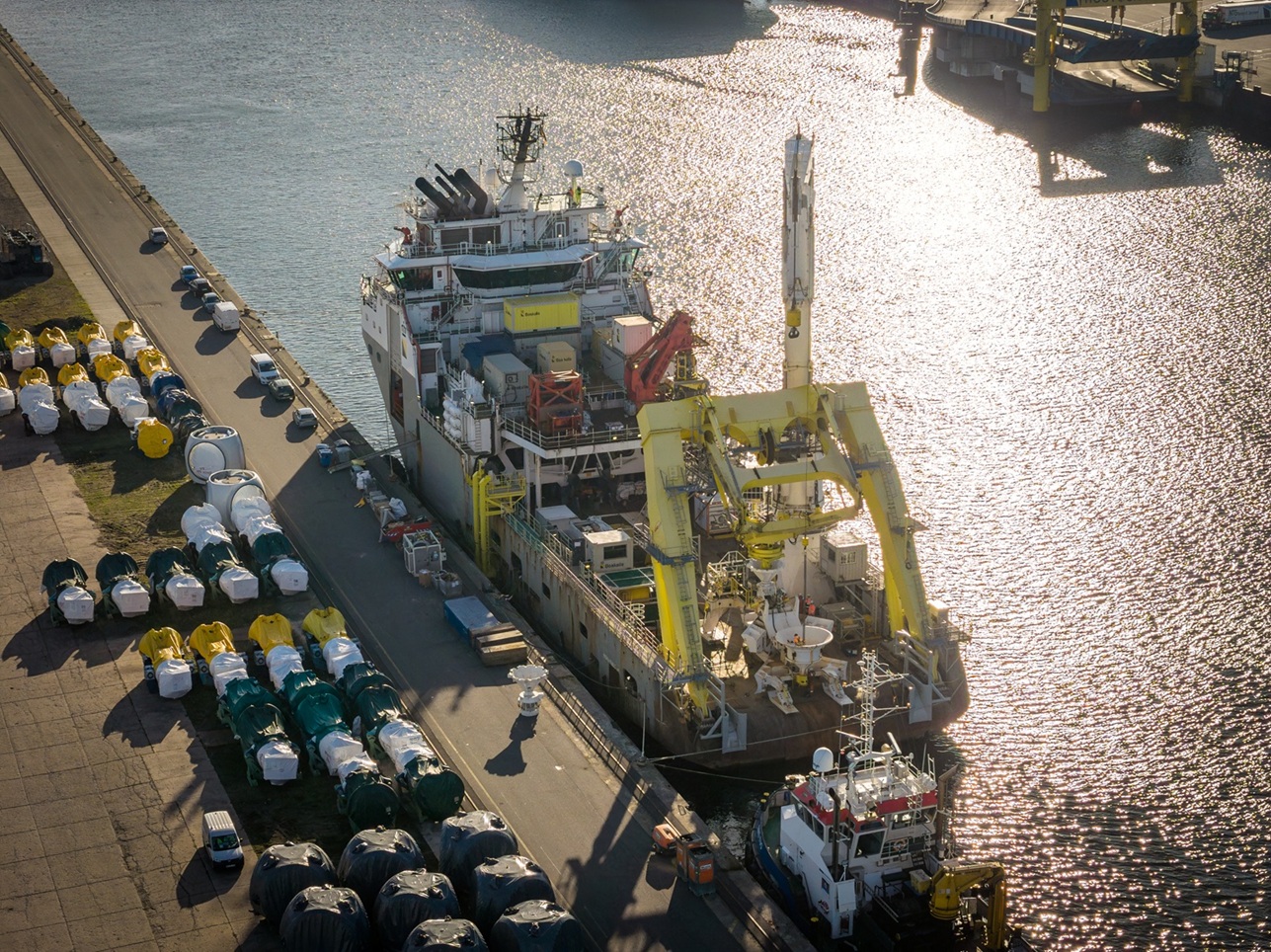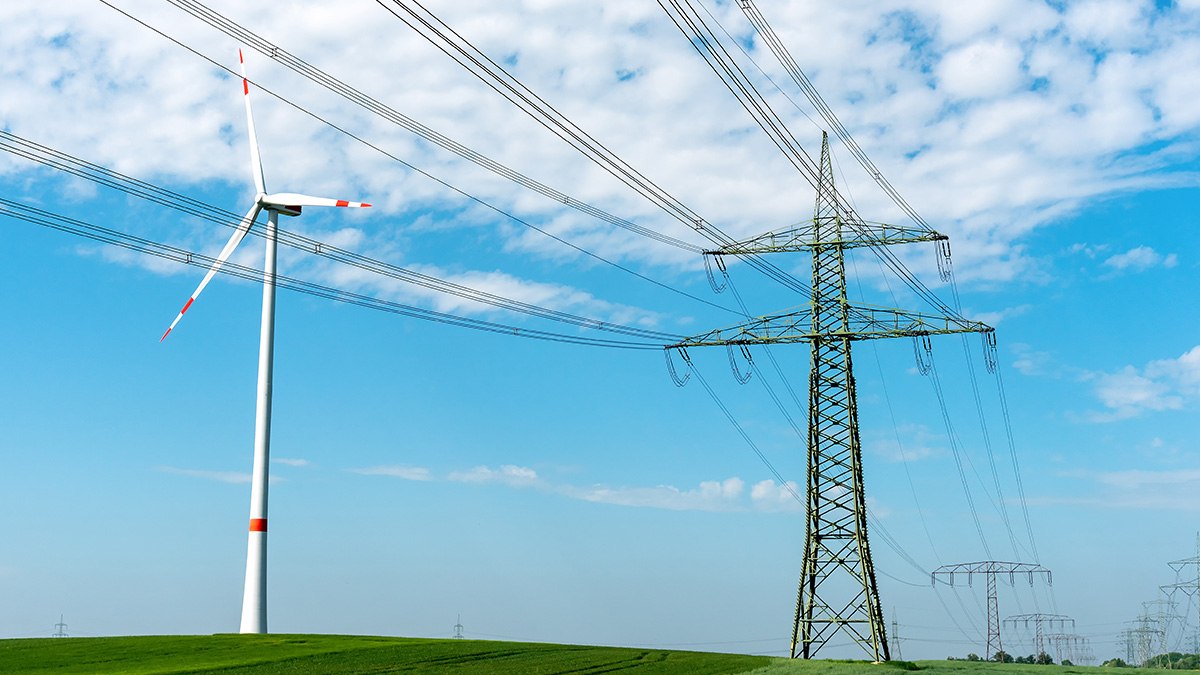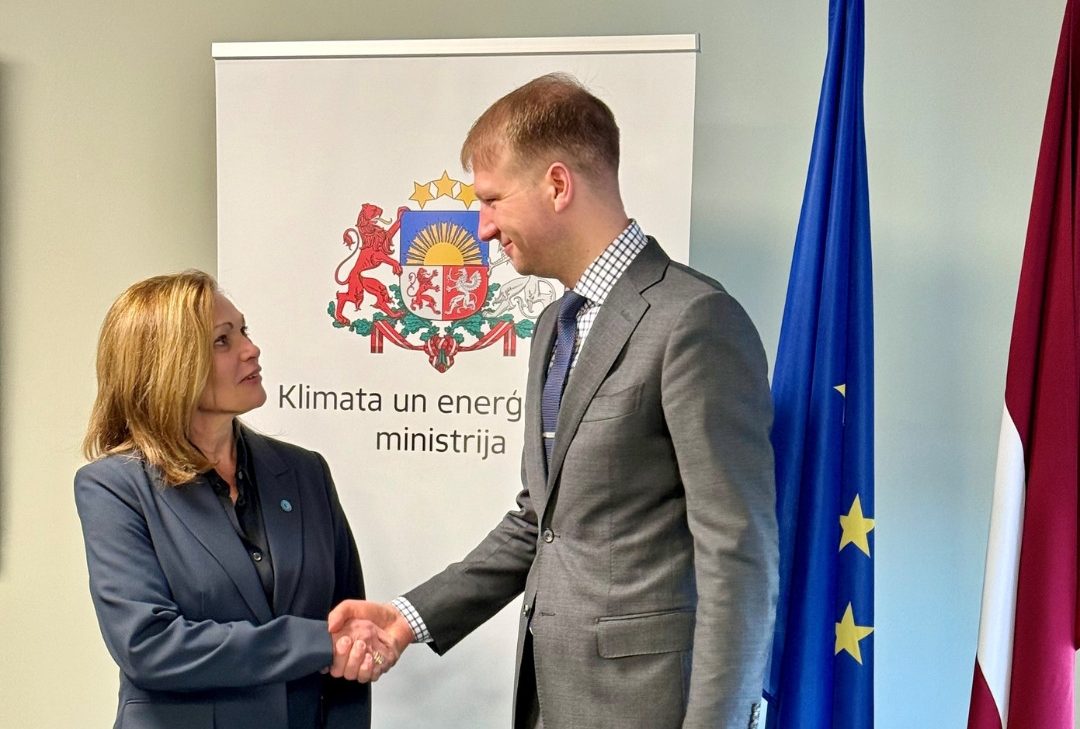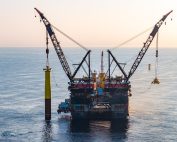The Swedish Environmental Protection Agency is conducting a cross-border consultation on the Arkona offshore wind farm, which is to be built in Sweden’s exclusive economic zone in the southern Baltic Sea between the islands of Ystad and Germany’s Rügen.
Consultations will take place in accordance with the provisions and procedure provided under the Espoo Convention. A country planning to implement a project, the impact of which may cause potentially noticeable effects on the territory of the other country, conducts public hearings, with the participation of potentially affected countries, in order to proceed with the environmental impact assessment (EIA) process. To this end, it notifies the project with an invitation to potentially impacted countries to participate in the EIA process, followed by consultations and an EIA documentation process with countries that have signed up to participate.
Acting under the Espoo Convention, the Swedish Environmental Protection Agency sent notification of the planned investment to the relevant authorities in Denmark, Poland, and Germany on 22 December 2021. Comments can be submitted from January 14 through February 17, 2022.

Arkona Offshore Wind Farm, Graphics: Eolus
The Arkona offshore wind farm is to be located in an area of 223 km2 in the Swedish economic zone between Ystad and Cape Arkona on the German island of Rügen. The project developer, Eolus Vind AB, plans to build up to 70 wind turbines with tower heights of 260-300 m and rotor widths of 230-270. The planned project includes the construction, operation, and decommissioning of the wind farm, as well as the laying of cables in the project area. The installation is to have a capacity of approx. 1200 MW and produce approx. 5.5 TWh of energy per year.
Skåne consumes about 13 TWh of electricity per year, while regional production is only about 3 TWh per year. Electricity consumption is projected to increase to approx. 16 TWh/year 2040, so there is a great need to develop renewable energy production to reduce the region’s capacity deficit. The regional business community has a tremendous need for electricity in order to remain competitive and be able to grow their business as part of the ongoing electrification of society.
